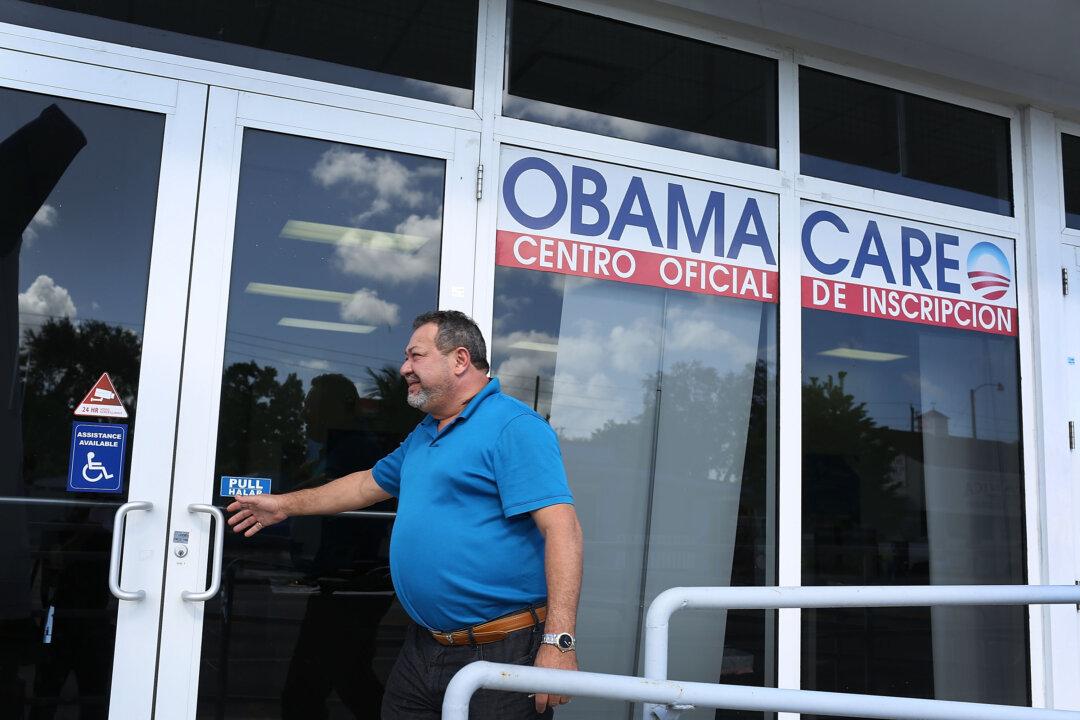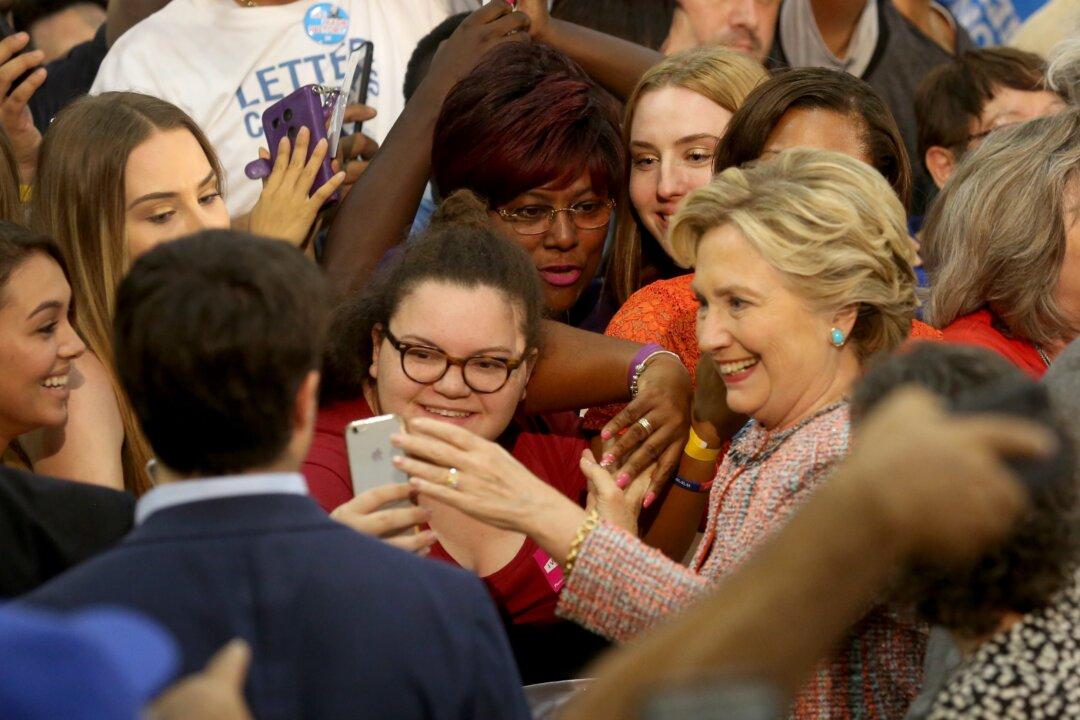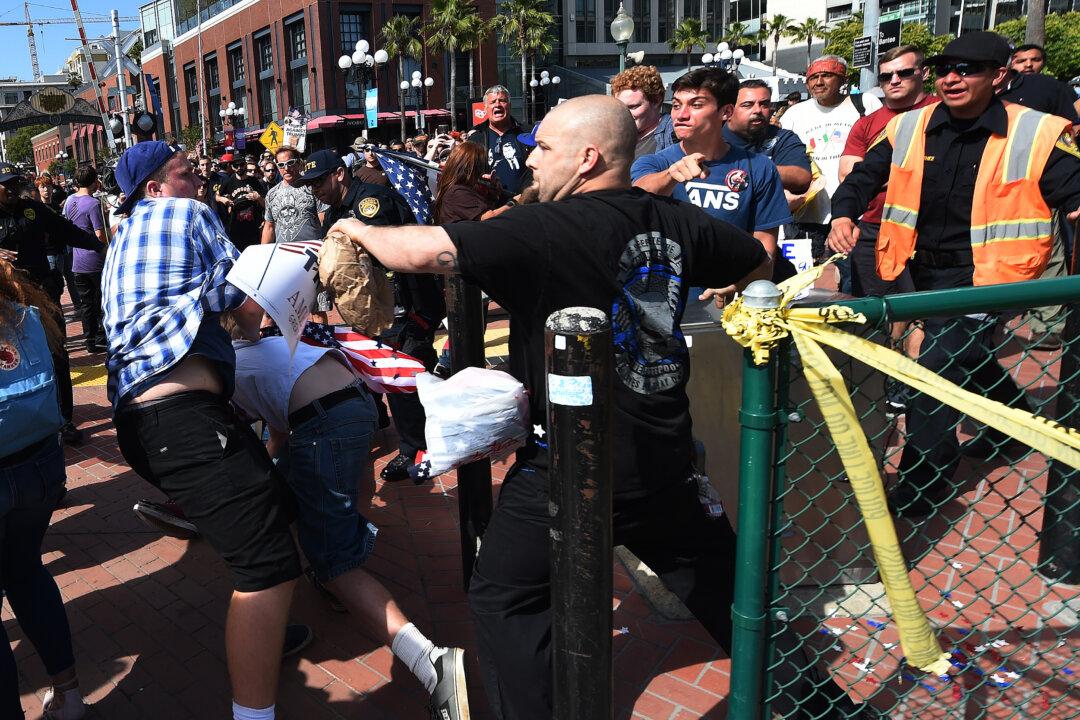The State Department said Monday it is reviewing about 15,000 emails that were uncovered by the FBI in its investigation of Democratic presidential candidate Hillary Clinton’s use of a private email server.
The Department’s attorneys told U.S. District Court Judge James E. Boasberg that they expect to process and release the first batch of the previously undisclosed emails in mid-October, just before the November presidential election, according to the Associated Press. Boasberg is overseeing production of the emails as part of a Freedom of Information Act (FOIA) lawsuit filed by conservative watchdog Judicial Watch.
Justice Department lawyer Lisa Olson, who is representing the State Department, told the judge that officials don’t know yet what portion of the new emails is work-related or personal.
Clinton, who served as secretary of state from 2009 to 2013, has previously said that she deleted only personal emails. Her lawyers deleted an estimated 30,000 emails from her private email server, after they wiped it in such a way that the files could not be retrieved. Another 30,000 emails, which Clinton’s team says were work related were handed over to the State Department last year.
Most of the work-related emails have been publicly released by the Department, but some have not been disclosed because of sensitive information to national security.
Citing the large amount of emails, Olson said it was “extremely ambitious” for the agency to complete its review and start releasing the first part of the emails to Judicial Watch by Oct. 14. Judicial Watch’s lawyer, Lauren Burke, told the judge that the proposed deadline was too slow and called for a more immediate release of one batch of messages.
The judge ordered that the State Department report back to him on its progress by Sept. 22.
Olson told Boasberg that the State Department received earlier this month seven disks containing “tens of thousands” of messages Clinton sent or received during her time in office as secretary of state.
One disk was labeled by the FBI as containing non-classified emails which was not previously disclosed by Clinton. It contains about 14,900 documents, Olson stated, while another disk contained emails with classified information.
Republican National Committee Chairman Reince Priebus criticized the former secretary of state in a statement on Monday saying, “Hillary Clinton seems incapable of telling the truth.”
“Clinton’s pattern of serial dishonesty is completely unacceptable for a candidate seeking the nation’s highest office, and her refusal to tell the truth and own up to her poor judgment is a preview of how she would conduct herself if elected president,” he added. Priebus also called for the process for reviewing the emails to be expedited and publicly disclosed before Election Day.
In a separate lawsuit, a federal judge ordered on Friday that Clinton answer questions from Judicial Watch about why she decided to use a private server instead of her government email account.




